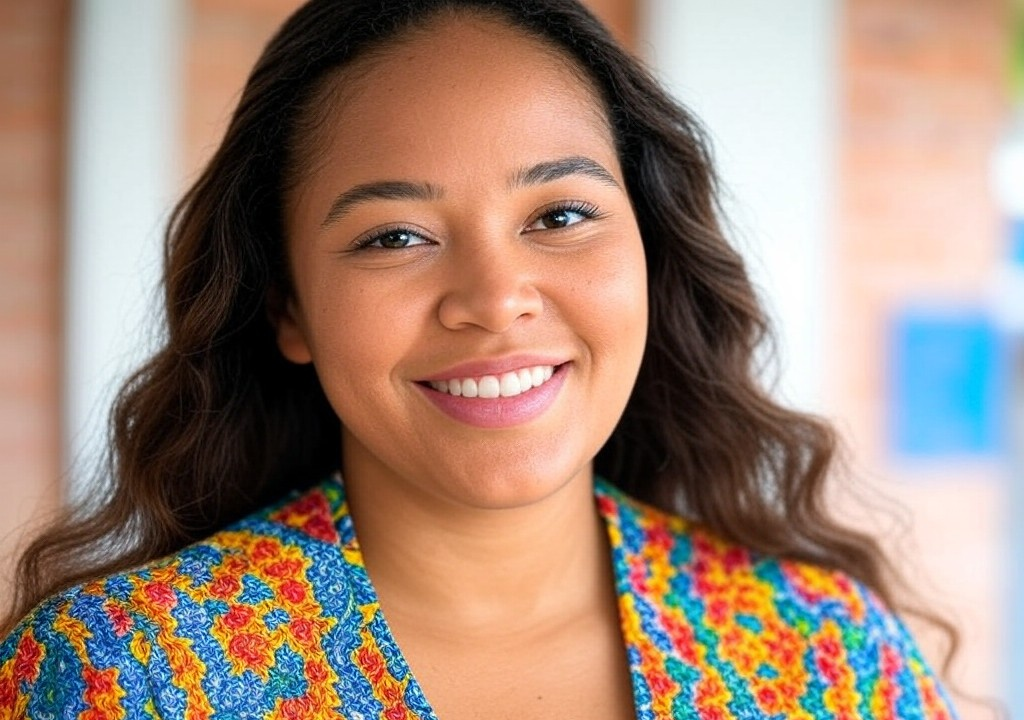They say fate works in mysterious ways. Personally, I think fate works like my Tía Rosa at family parties—slightly chaotic but with good intentions. So when a copy of The House on Mango Street by Sandra Cisneros fell into my hands during the second semester of my sophomore year in college, I wasn’t prepared for how it would reshape my outlook on identity, love, and human connection. Call it divine intervention, luck, or maybe just overdue inspiration, but that slim volume stuck to me like the scent of cafecito after breakfast.
If you've ever picked up this iconic collection of stories, you'll know it’s not your average coming-of-age novel. It’s like eavesdropping on a vibrant neighborhood full of tenderness and heartbreak, filled with people you feel you’ve known your whole life. For anyone growing up in that liminal space between cultures—steeped in tradition but tugged by modernity—it feels less like reading and more like finding pieces of your soul on the page.
And while this may not scream “dating article” yet, hang tight—I promise I’m getting to the romance. Cisneros didn’t just teach me about writing and self-expression; she taught me how to embrace my layers, how to be vulnerable, and, yes, how to navigate love with all its complexities. Let me explain.
Learning to Embrace the Mess
Cisneros’ narrator, Esperanza Cordero, captivated me with her unfiltered honesty. She wasn’t perfect—she was hopeful, conflicted, and messy—and I related to that on a spiritual level. Like Esperanza, I grew up juggling two worlds: one filled with tamales, faith, and multigenerational chisme, and another that begged me to assimilate and fit neatly into Anglo-American norms. Everything about her felt familiar in a way I didn’t know I needed. She invited me to embrace what I’d previously tried to smooth over—the things that made me me.
In relationships, I used to be so hung up on presenting the “perfect version” of myself that I practically steamrolled my own authenticity. I’d say yes to dates I didn’t want to go on just to be agreeable, laugh at bad jokes to avoid awkward silences, or pretend that I actually liked sparkling water (spoiler: no, I do not). I was too busy angling for likability instead of compatibility. And guess where that left me? Smiling awkwardly through a third date with a guy who told me his favorite movie was Fight Club. Twice.
The House on Mango Street taught me that there’s beauty in being unpolished. I realized that love, like identity, is messy—but that messiness is where the real stories live. It’s okay if you don’t have everything figured out, if you spill salsa on your white blouse, or if you opt for heartfelt over “cool.” Spoiler: the people worth your time will actually like you more for it.
Recognize Who You Are Now—and Who You’re Becoming
At its heart, the book is about change and transition: growing pains, the friendships that leave marks, and the dreams that pull you forward. Esperanza knows she doesn’t belong on Mango Street forever, but she also feels deeply tethered to it. That tension between who she is and who she wants to become hit me hard.
When I first started dating in my twenties, I didn’t realize how much my upbringing influenced what I wanted in a partner. My abuelos’ fifty-something years of marriage? Relationship goals. My parents dancing cumbia together in the living room after dinner? A non-negotiable form of intimacy. But I also craved something beyond the bubble of my community. I wanted to date someone who wouldn’t blink at my obsession with novelas but could also teach me something new—someone who could balance innovation with tradition the way my bilingual Spotify playlist does.
Cisneros helped me understand that you don’t have to choose between honoring your roots and reaching for something different. Relationships work best when you know exactly where you stand—what’s sacred to you versus what you’re willing to compromise. Once I started dating from a place of self-awareness, every “no” became less daunting and every “yes” felt more intentional.
The Chapter That Taught Me to Set Boundaries
One of the most poignant vignettes in the book centers on Alicia, Esperanza’s friend and neighbor. Alicia is smart and ambitious, working late into the night while also caring for her grieving father and running the household. You admire her resilience, but there’s also a thread of frustration—her potential constantly hemmed in by obligations and others’ expectations.
Sound familiar? If you’ve ever found yourself saying “yes” when you meant “no,” you and Alicia probably have a lot in common.
This chapter was a wake-up call for me, especially when it came to relationships. For too long, I had this idea that being “easygoing” would make me more desirable. I’d say “sure” to situations that made me uncomfortable or let someone I was dating hit snooze on my boundaries. I once agreed to spend Valentine’s Day watching The Texas Chainsaw Massacre because my date said traditional rom-coms were “too predictable.” This was before I learned the art of unambiguous replies like: “No, thank you. That sounds terrible.”
Real talk: boundaries are not walls. They’re invitations to show others how to respect you. Knowing when to say no—and when to walk away—is one of the greatest gifts you can give yourself. And trust me, someone who genuinely cares about you won’t just respect your boundaries; they’ll admire them.
Finding Power in Your Voice
Throughout The House on Mango Street, Esperanza’s voice grows stronger. She starts as the quiet observer, wrapping her voice tightly around herself like a wool coat, but by the end of the book, she’s written herself into existence. Her words become her power.
I think a lot about the stories I used to tell myself about love. That passion had to be all-consuming or it wasn’t the real thing. That vulnerability was dangerous. That if a relationship didn’t look “Instagram perfect,” I was doing it wrong. Over time, I learned to rewrite those stories. I got mushy, vulnerable, and maybe even a little corny. Spoiler: that’s where connection really happens.
If you’ve ever been hesitant to express your needs in a relationship because you’re worried about coming off as “too much” or “too needy,” let me remind you that vulnerability is a two-way mirror. What you share reflects back to you in the people who stick around. Your voice deserves to not only be heard but celebrated. And if someone can’t meet you there? Let that door close—they don’t belong on your Mango Street.
The Final Takeaway
Sandra Cisneros didn’t write The House on Mango Street as a dating guide. But, in a way, it became one for me—not in the swipe-left-or-right sense but in a deeper, more introspective way. It challenged me to show up as my full self, to respect my own path, and to let my quirks shine unapologetically. And isn’t that the foundation of real love?
So if you’re on your own journey to finding—or sustaining—connection, let me leave you with this: Don’t be afraid of the messiness. Set the boundaries. Share the good stories alongside the painful ones. Your voice is your power, and your worth doesn’t need anyone else’s validation. Whether it’s on Mango Street or wherever you call home, love begins when you make space for yourself first.
And remember: no sparkling water unless you really like it.




















